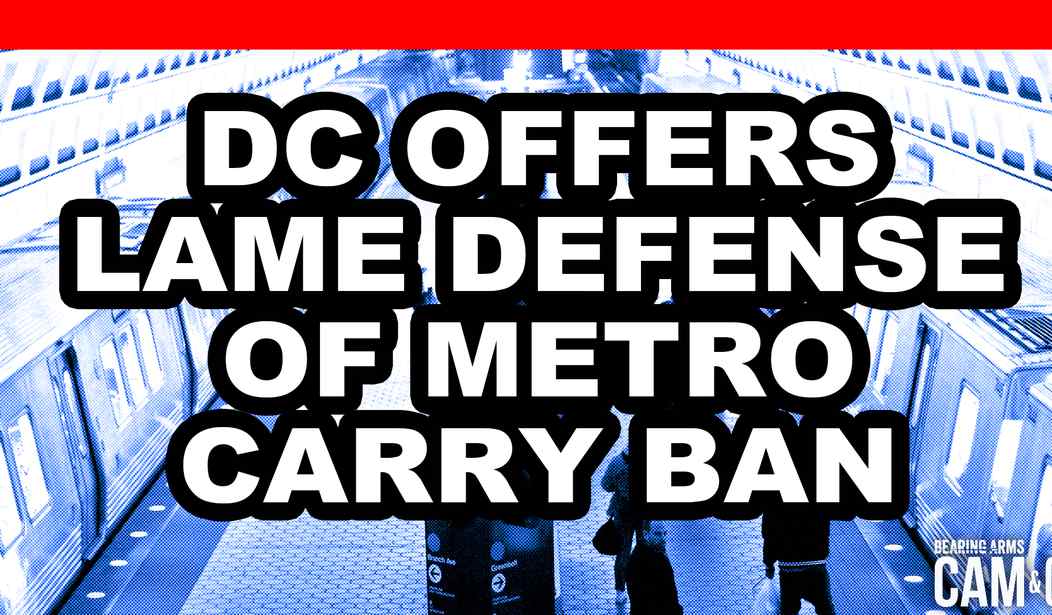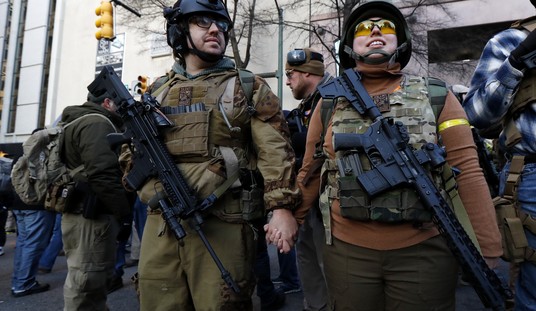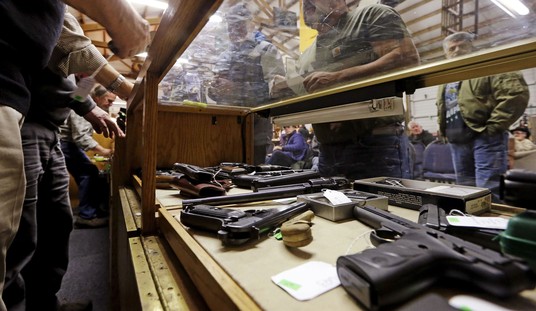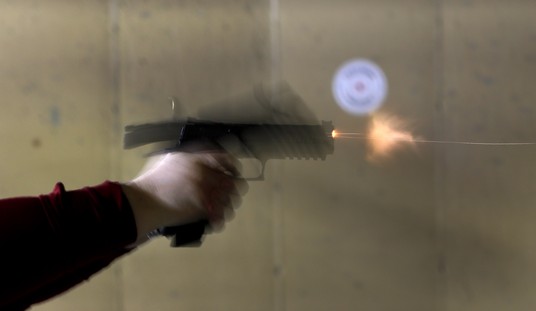The District of Columbia (along with several anti-gun groups) are fighting to keep the current ban on concealed carry on public transportation in place after a federal lawsuit was filed challenging the constitutionality of the prohibition, but in their latest filing the gun owners challenging that ban say the District has offered no evidence whatsoever that the law is in line with the Supreme Court’s decision in Bruen.
The case, known as Angelo, et all v. D.C., is still in the early stages, but the plaintiffs are seeking an injunction barring enforcement of the current ban on concealed carry while the issue is being litigated. District officials, as you might expect, are fighting to keep the ban in place, but as attorneys George Lyon and Matthew Bergstrom argue in their reply brief to D.C.’s opposition to a preliminary injunction, their legal arguments are firing blanks.
The attorneys for Washington, D.C. maintain that the four gun owners in question don’t even have standing to sue, but Lyon and Bergstrom point out that the plaintiffs “have no other option but a pre-enforcement challenge to violating the law and facing arrest and prosecution.” The pair further argue that the Supreme Court has allowed other pre-enforcement challenges in non-First Amendment cases, most recently in NYSRPA v. NYC, the 2020 case that was declared moot when New York City changed the law in question.
The plaintiffs then turn their attention to the District’s other arguments; that a ban on concealed carry in public transportation should be allowed because subways, buses, and transportation hubs are “sensitive places” where both government employees and children are likely to be found. The District has also largely ignored the test laid out by the Supreme Court in Bruen, choosing instead to once again use the two-step, interest-balancing test the Court specifically rejected when it comes to Second Amendment jurisprudence.
Plaintiffs meet all preliminary injunction requirements. They are likely to prevail on the merits because DC failed to point to established, representative “distinctly similar” restrictions from the founding era banning firearm carry on public transportation vehicles. Public transportation arose shortly after ratification of the Second Amendment and grew throughout the 19th Century to include ferry service, riverboats, omnibuses, commuter rail, interstate passenger rail and street cars. In the early 20th Century subway service developed. Defendants point to no laws prohibiting gun carry on these conveyances during the relevant period, much less an established tradition of banning gun carry on public transportation. That dooms DC Code § 7-2509.07(a)(6).
The Metro system is not analogous to schools or the Capitol grounds. The mere fact minors and government workers are present does not convert a public place into a sensitive place. If guns could be banned everywhere children or government workers might be, in no place in the city could Plaintiffs exercise their Second Amendment right to carry a firearm for personal protection. The Court should eschew opposing parties’ invitation to engage in interest balancing and focus instead on the Supreme Court’s requirement that DC demonstrate its regulation is consistent with the Nation’s historical tradition of firearms regulation. See New York State Rifle & Pistol Ass’n v. Bruen,142 S.Ct 2111 (2022) (hereinafter “Bruen”). The District has not met that requirement.
The few place restrictions DC and amici point to, other than the voting precincts, legislative assemblies, and courts Bruen discussed, were enacted in the late 19th Century and thus are far removed from the Second Amendment’s adoption, were enacted in only a few states and territories, were not long standing, and most importantly did not ban gun carry on public transportation. Even today, carry on public transportation is banned in only a handful of states, and the pedigree of those laws dates only back to the late 20th Century. The largest state in the Nation, California – not a particularly favorable state for Second Amendment freedoms – specifically allows carry on public transportation for those with a carry license like Plaintiffs. New York did not ban public transportation carry until a fit of pique following its loss in Bruen, and a New York District Court has issued a TRO restraining enforcement of that provision. Because the DC has failed to justify its carry ban as Bruen requires, Plaintiffs are likely to succeed on the merits.
As the plaintiffs’ attorneys explain in their brief, throughout the long development of public transportation systems across the United States, from the first pole-driven ferries to today’s subways and light rail, bans on the lawful carrying of firearms were few and far between. In fact, neither the District nor any of the gun control groups that have submitted amicus briefs in support of the ban have been able to point to any historical analogue to the current ban on Metro property even though the burden is on them to prove that the current ban comports with the text, history, and tradition of the Second Amendment.
I’ll admit my bias here, but to me the issue is pretty simple: if the Second Amendment protects the right to bear arms in public for the purpose of self-defense, then that right must be intact on public transportation. Otherwise, how else are those who rely on buses and trains to get around supposed to ever be able to lawfully exercise their right to bear arms? For District officials, of course, the answer is “they’re not,” and while that might be their ideal outcome it would fly in the face of what the Supreme Court has said about our right to carry, and I’m encouraged not only by the strong arguments presented by the plaintiffs in this case, but by the decidedly weak arguments offered in defense of the carry ban on the part of the District of Columbia.









Join the conversation as a VIP Member